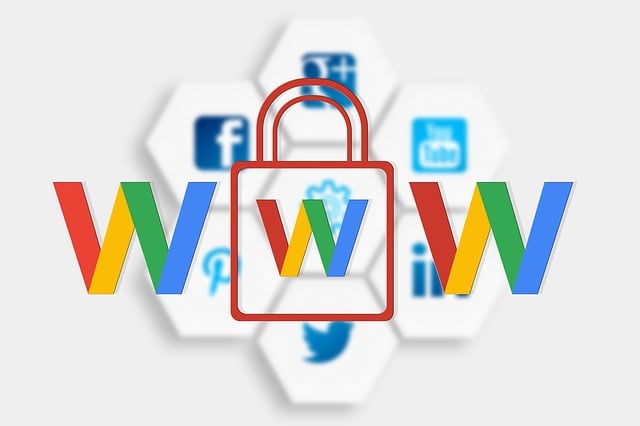Home-based businesses face unique risks not covered by standard insurance policies. Customized insurance policies for these ventures address gaps in coverage, offering tailored protection for liability claims, property damage, and business interruption. Key policies include general liability, professional liability, property insurance, and workers' compensation if remote employees are involved. Understanding these needs is crucial to safeguarding assets, providing legal protection, and ensuring the longevity of a home-based business.
In today’s digital age, many businesses are opting for remote work arrangements, transforming homes into bustling hubs of productivity. However, this shift presents unique risks that traditional insurance policies may not adequately address. This article explores the intricacies of insurance policies for home-based businesses, delving into the specific coverage needs of work-from-home enterprises. From understanding the peculiar dangers of home offices to tailoring liability and cyber insurance, we provide essential insights for securing your remote business.
Understanding the Unique Risks of Home-Based Businesses

Home-based businesses face distinct risks that often fall between the cracks of traditional commercial and personal insurance policies. These risks can include accidental injuries to clients or visitors on your premises, data breaches from remote work setups, or even damage to valuable equipment used for business purposes. Since these businesses operate in a dynamic environment, where employees might be scattered across different locations, having tailored insurance coverage is essential.
Custom insurance policies designed for home-based businesses step into this gap by offering specialized protection. They cater to the unique challenges of remote work, ensuring that entrepreneurs are covered for liability claims, property damage, and business interruption—all while recognizing the evolving nature of modern workplaces.
Types of Insurance Policies Essential for Work-from-Home Enterprises

For work-from-home businesses, ensuring adequate insurance coverage is non-negotiable. The specific types of insurance policies essential for these enterprises can vary greatly depending on the nature of their operations and potential risks. However, several key policies stand out as indispensable for safeguarding both the business and its owners.
First and foremost, general liability insurance remains crucial. This policy protects against claims of bodily injury or property damage that may arise from business activities within the home office. Additionally, professional liability insurance, often referred to as errors and omissions coverage, shields against financial losses stemming from professional mistakes, misstatements, or omissions. Property insurance is another vital component, covering the physical assets of the home-based business, including computers, equipment, and inventory. Lastly, workers’ compensation insurance becomes necessary if you have employees working remotely, providing protection for medical expenses and lost wages in case of work-related injuries.
Home Office Equipment and Furniture Coverage

Liability Insurance: Protecting Your Business and Customers

Liability insurance is a crucial component when running a work-from-home business, as it provides financial protection against potential risks and claims. This type of insurance shields your company from financial loss in the event that someone gets injured on your premises or due to your business operations. For instance, if a customer slips and falls at your home office or if an employee suffers an injury while working remotely, liability insurance can cover medical expenses and legal costs. It’s a safety net that safeguards not just your assets but also your financial stability.
When considering insurance policies for home-based businesses, it’s essential to understand the specific coverage options available. Liability insurance comes in various forms, catering to different needs. General liability insurance is a common choice, offering protection against claims of bodily injury or property damage. Professional liability insurance, on the other hand, focuses on protecting your business from issues arising from professional services, such as errors and omissions. By understanding these options, you can tailor your coverage to best suit your work-from-home business’s unique risks and requirements.
Cyber Insurance: Mitigating Digital Risks in Remote Work Settings

Tips for Customizing Your Insurance Policy to Suit Your Home-Based Business Needs

When customizing insurance policies for your home-based business, start by evaluating the specific risks associated with your work environment. Since you’re operating out of your home, consider the unique hazards and potential liabilities that come with it. For instance, if your business involves handling hazardous materials or heavy equipment, ensure you have adequate coverage for accidents or damage. Also, assess the value of your business assets, including any specialized equipment, technology, or intellectual property, and choose a policy that provides sufficient protection against theft, damage, or loss.
Next, examine the legal requirements and industry standards relevant to your home-based business. Different businesses have varying needs; for example, if you provide professional services like consulting or legal work, you might require liability coverage to protect against malpractice suits. Conversely, an e-commerce business should focus on inventory coverage and product liability. Additionally, consider the type of clients you serve and their expectations; some may insist on specific insurance requirements as a condition of doing business with you.
